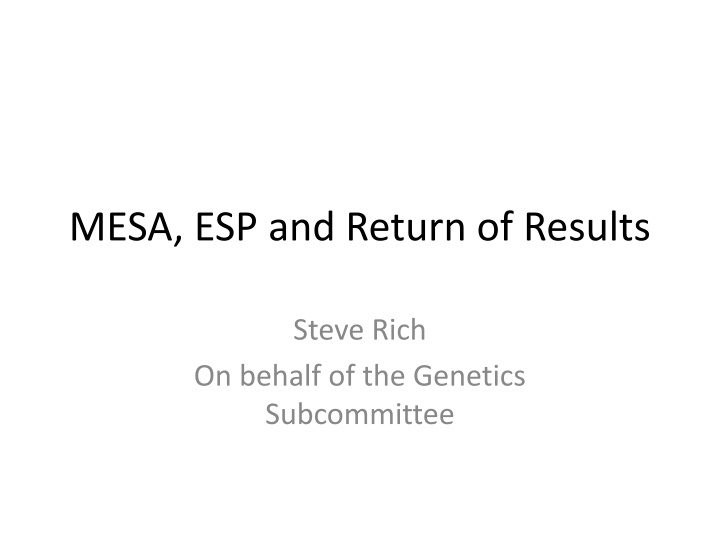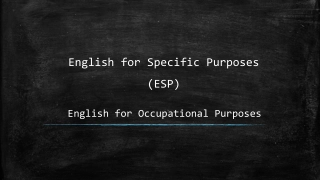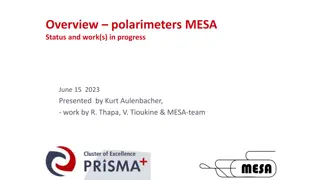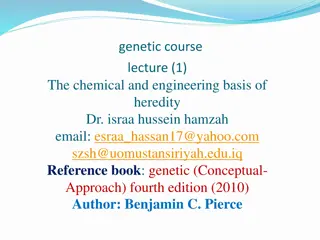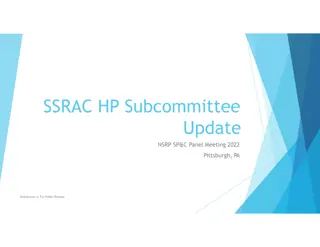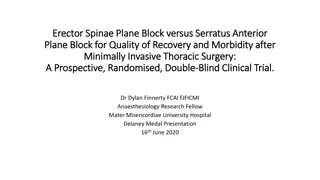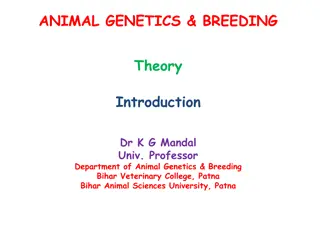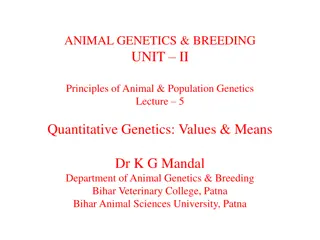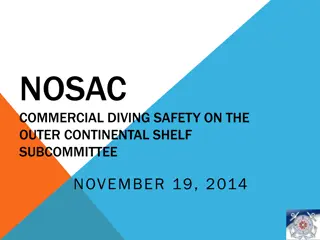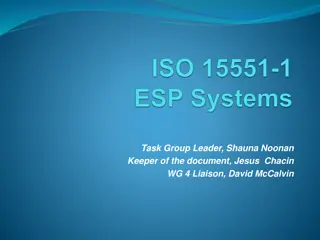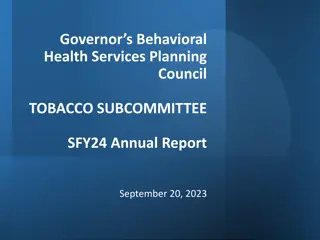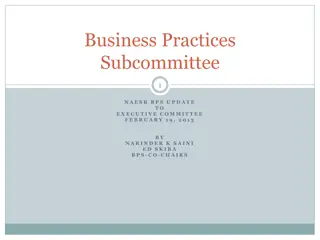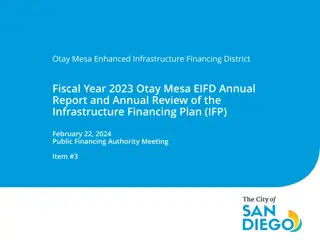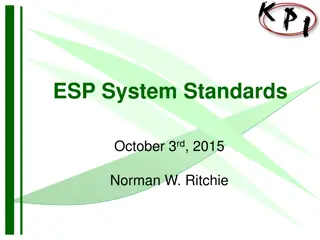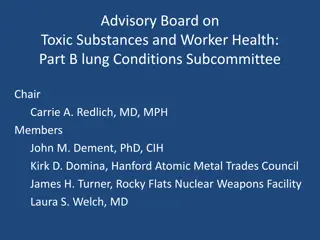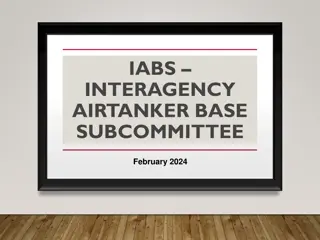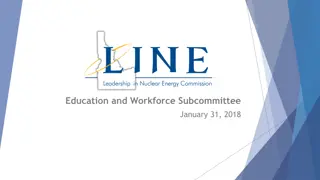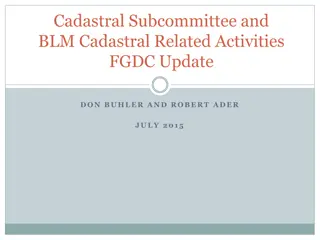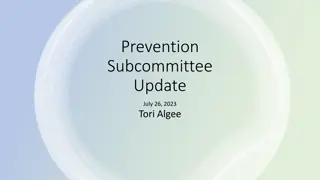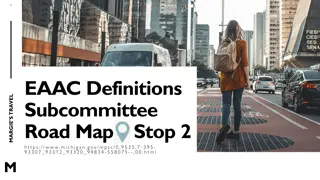Genetics Subcommittee Report on MESA, ESP, and Return of Results
This report discusses the collaboration between MESA, ESP, and various consortia in sequencing exomes and analyzing variants in coding regions of genes. It highlights the impact of exome sequencing on scientific and personal levels, focusing on rare variants and potential clinical implications. The report also outlines proposed processes for identifying actionable variants and returning information to participants, with a specific focus on the HeartGO project. Results from MESA and ESP regarding participants' interest in receiving genetic findings are also presented, showing varying preferences across field centers.
Download Presentation

Please find below an Image/Link to download the presentation.
The content on the website is provided AS IS for your information and personal use only. It may not be sold, licensed, or shared on other websites without obtaining consent from the author.If you encounter any issues during the download, it is possible that the publisher has removed the file from their server.
You are allowed to download the files provided on this website for personal or commercial use, subject to the condition that they are used lawfully. All files are the property of their respective owners.
The content on the website is provided AS IS for your information and personal use only. It may not be sold, licensed, or shared on other websites without obtaining consent from the author.
E N D
Presentation Transcript
MESA, ESP and Return of Results Steve Rich On behalf of the Genetics Subcommittee
Exome Sequencing Project Sequence the exomes (coding regions of genes) in ~7,000 participants from three consortia (HeartGO, LungGO, WHISP) Focus on selected primary (and secondary) traits HeartGO contributed ~3,000 DNA samples and limited data to the ESP ARIC, CARDIA, CHS, FHS, JHS and MESA Request 5ug DNA and SHARe approval (dbGaP) DNA to Russ Tracy prior to ESP Sequencing Centers Data in dbGaP Exchange area prior to public access
Impact of Exome Sequencing Scientific impact Analysis of variants in coding regions of genes finds relatively few novel genes with rare/infrequent variants contributing to risk/trait The vast number of rare variants appears the result of recent population expansion Personal impact The focus on the coding regions implicates that some variants may have clinical impact (or actionable ) on disease risk in cohort participants
ESP and HeartGO Proposed HeartGO process Establish a Medical Genetics Counseling Core Actionable variants will be identified Participants eligible to have information returned are identified; of those, ID with actionable variants identified Medical Genetics Counseling Core (not funded by NHLBI) was to contact, counsel, obtain new blood sample, test the specific variant(s) in CLIA-certified lab, counsel and return result to the participant (all with Field Center staff involvement) MESA requested information on participants eligible for return of exome variant results
MESA and ESP Four Field Centers have participants eligible to receive results: WFU, JHU, NWU, UCLA Exam 5 consent to be notified of genetic findings if A treatment (actionable) is known (n=610, 20%); A treatment is not known (n=2293, 77%) Not wishing to know (n=84, 3%) No real difference across field centers MESA had a total of 404 participants in ESP with exome sequence data A total of 202 (50%) wanted to be notified
MESA ESP Participants to be Notified 202 MESA participants wanting to be notified 34 are in the group if a treatment is known 168 are in the group even if no treatment Defining an actionable variant No recognized list (previously limited data) ESP now has data with new variants with predicted functional impact Consensus group evaluated first 1000 ESP subjects
Actionable, Pathogenic Variants Dorshner et al. Am J Hum Genet 2013; 93(4):631-640. PubMed: 24055113; PMCID: PMC3791261 Classified actionable, pathogenic SNPs from 114 genes in 500 Caucasian and 500 African-American ESP participants by expert panel Human Gene Mutation Database and primary literature evaluated Frequency of high penetrance actionable pathogenic or likely pathogenic variants in adults is 3.4% in Caucasian and 1.2% in African ancestry 17 SNPs evaluated in MESA participants
MESA Results For N=34 that want to be notified only if there is a treatment available 1 with missing data for 1 variant 0 with variant alleles for any of the 17 SNPs For N=168 that want notification even if no treatment available 1 with missing data for 1 variant 5 with one copy of the variant (T) allele for a SERPINA1 SNP (1 WFU; 1 JHU; 2 NWU; 1 UCLA) 2 with two copies the variant (A) allele for a SERPINA1 SNP (1 JHU; 1 NWU) and 5 with 1 copy of the variant (A) allele (1 JHU; 3 NWU; 1 UCLA) 0 with variant alleles for any of the other 14 SNPs 12/202 MESA participants with actionable (SERPIN1A) variants
SERPINA1 Serpin Peptidase Inhibitor, Clade A, Member 1 Alpha-1-antitrypsin (AAT); chr 14q32.13 AAT complexes with elastase but also with trypsin, chymotrypsin, thrombin and bacterial proteases Inhibitory action of AAT against neutrophil elastase Emphysema and liver disease from AAT deficiency SERPINA1 variants (definitely pathogenic) Chr14_94844947 (rs28929474); p.366Glu>Lys* 5 heterozygotes (most common variant leading to high risk of emphysema and liver disease in homozygotes) Chr14_94847262 (rs17580); p.288Glu>Val 2 homozygotes and 5 heterozygotes
MESA Genetics Subcommittee Recommendations Multiple plans with cost implications Re-contact participants with repeat testing Provide counseling for preliminary (research) results Phlebotomy, shipment of sample Retesting in CLIA-certified laboratory Follow-up counseling with CLIA-certified result Re-contact participants with no testing Information of variant and risk, options Participant burden to follow-up at cost List likely to expand (6,000 ESP participants being evaluated) with future characterization
MESA, ESP and Return of Results Budget Estimate Description of Costs Cost Per Subject Total Cost (12 subjects) Genetic Counselor time (initial phone contact with MESA participant, coordination time for arranging confirmatory testing) In person genetic counseling when confirmatory testing is completed Clinical Geneticist time Facility Fee (in person counseling) Phlebotomy costs Shipping costs Single site testing at a CLIA approved lab Local IRB Fees Indirect costs $1,744 $20,928 Codicils: Local Counseling vs. Central Counseling (using telephone, videoconferencing). If Central Counseling, must consider medical legal issues of providing care across state lines
MESA Genetics Subcommittee Jerry Rotter (Chair) Steve Rich (co-Chair) Sue Bielinski Wendy Post Leslie Raffel George Papanicolaou, Christina Wassel, Russ Tracy Thanks to Leslie Lange, Gail Jarvik, Debbie Nickerson, Kayleen Williams, Craig Johnson
